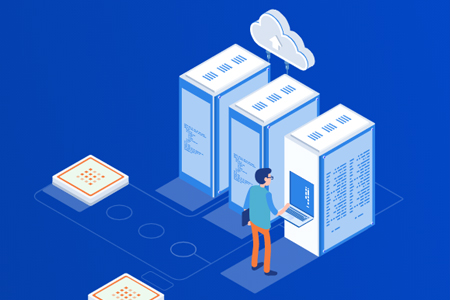The two terms of dedicated servers and host servers may be used as synonyms in some contexts, but sometimes they can also represent different concepts. This may change due to the differences between the context and the industry. The following are some of their common differences:
Private server:
Hardware resources: Dedicated servers usually refer to a physical server, and their hardware resources are completely used by a single user or organization. This includes independent processors, memory, storage and network bandwidth.
Customization: Users can customize the hardware and software configuration of the special server as needed. This makes it suitable for application scenarios that have high requirements for performance and resource needs.
Exclusive: Dedicated server is exclusive, and users do not share hardware resources with other tenants. This provides better performance and stability, and also means higher costs.
Wide -purpose use: Dedicated servers are usually used to host large -scale applications, databases, and high -flow websites such as performance and privacy requirements.
Host server:

Virtualization: In some cases, the "host server" may refer to the host of a virtual machine (VM) running on a physical server. This means that a physical server can host multiple virtual servers, and each virtual server shares the resources of the physical server.
Sharing resources: The host server in the virtualized environment is shared resources, and different virtual machines may share processors, memory and storage. This can improve the utilization of hardware resources, but it may also lead to performance fluctuations.
Elasticity: The virtualization environment of the host server allows dynamically adjust the resource allocation of virtual machines as required to provide greater flexibility.
Cost benefits: The virtualized environment is usually relatively low in cost, because multiple virtual machines can run on one physical server, reducing the cost of hardware.
The host server may only refer to the server of the custody website or application, without specific pointing to virtualization. In different contexts and industries, the use of these terms may be different.

 EN
EN
 CN
CN









